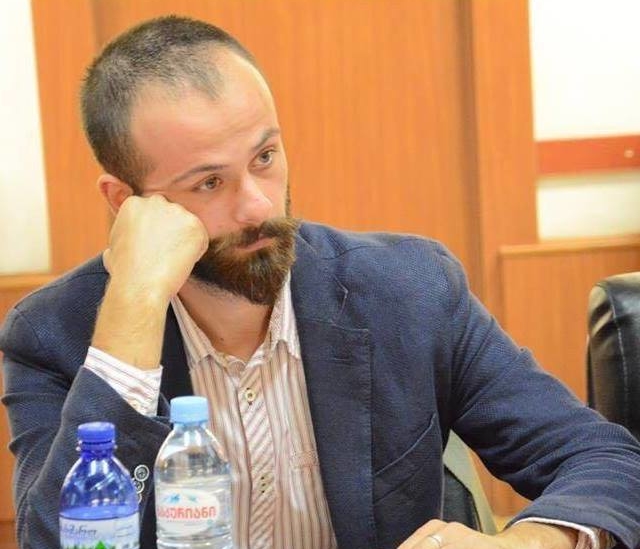


Those who demand order should bear in mind that obeying an order is a privilege. The order sets terms and conditions that sometimes require social security as a minimum. What if the law requires a person to go home, but he has no home? The answer to this question is simple and, at the same time, absurd. The person might be pronounced as an offender for ignoring a normative ultimatum that he or she cannot objectively comply to. Thus, the simple answer, coming back with a slight twist, is ultimately not as simple as it seems at first glance.
The curfew prohibits staying outside in a public space and applies to everyone - it does not differentiate between those who have shelter and those who do not. After setting the rule, we shall go to our houses up until 9:00 pm, but those who do not have a place to live and sleep in the corners of streets, parks, underground exits, automatically enter into a conflict with the law. Thus, their existence becomes questionable - if these people do not have the right to spend the night outside, yet have nowhere to go, it turns out that they do not have the right to exist at all. Their presence everywhere wherever they could formerly stay now appears to be unlawful, and there are no alternative places they can go to (this problem, in a normal situation and not in an emergency though, was best described by Jeremy Waldron in his work "Homelessness and The Issue of Freedom").
This is where a paradox is born, but the practical paradox is not natural. It is the result of a distortion of the state idea because the state itself implies a mechanism of care for vulnerable members of the society, a dignified citizen while living in the open air is incompatible with the idea. The state determines rules, for the implementation of which the objective conditions shall be provided by the state itself (its primary purpose). In such cases, the state may prohibit staying outside during the night hours as it has already provided all citizens with adequate housing. Given the preconditions, it may boldly take actions to restrict any subjective decisions of individuals – and it is where the paradox disappears. However, a problem arises where the model conceived in the state’s idea deviates from the reality constructed by the political-economic elite - the state averts its obligation to provide care, social protection and, in particular, housing. The set requirements clash with real and objective obstacles and challenge their own legitimacy. Such a state not only digresses from its purpose but also contradicts and destroys it.
We know from Schmitt that the true nature of the order is manifested during a crisis, and when we enquire about steps taken in a particular situation, it means that we are also interested in routine practice. If it’s discovered that not everything is running smoothly at difficult times, this may serve as an indication that not everything is fine in everyday life. Thus, if the state of emergency prohibits homelessness but provides no shelter, punishes for staying outside but offers no home to people, we must remember: this is neither a premature mistake made hastily in an emergency, nor a system failure, but rather a classic formula of the existing order; it tells you that success is by what you are valued, yet blocks the ways to success; it shows that poverty is punishment, yet allows only the rich to earn more; it preaches that labour is not a shame, yet eventually labour turns out to be slavery; it encourages consumerism while sickening and killing children with food shortages; it reiterates the admissibility of errors and then builds the welfare of the elite on such errors; it promotes individual bliss, yet offers loneliness.
ჯ. კახიძის #15, თბილისი, საქართველო, 0102 ; ტელ: (995 32) 95 23 53; ფაქსი: (995 32) 92 32 11; ელ-ფოსტა: gyla@gyla.ge; www.gyla.ge
15, J. Kakhidze str. 0102, Tbilisi, Georgia. Tel: (995 32) 95 23 53; Fax: (995 32) 92 32 11; E-mail: gyla@gyla.ge; www.gyla.ge